How To Find LGBTQ+ Friends & Your Own Community
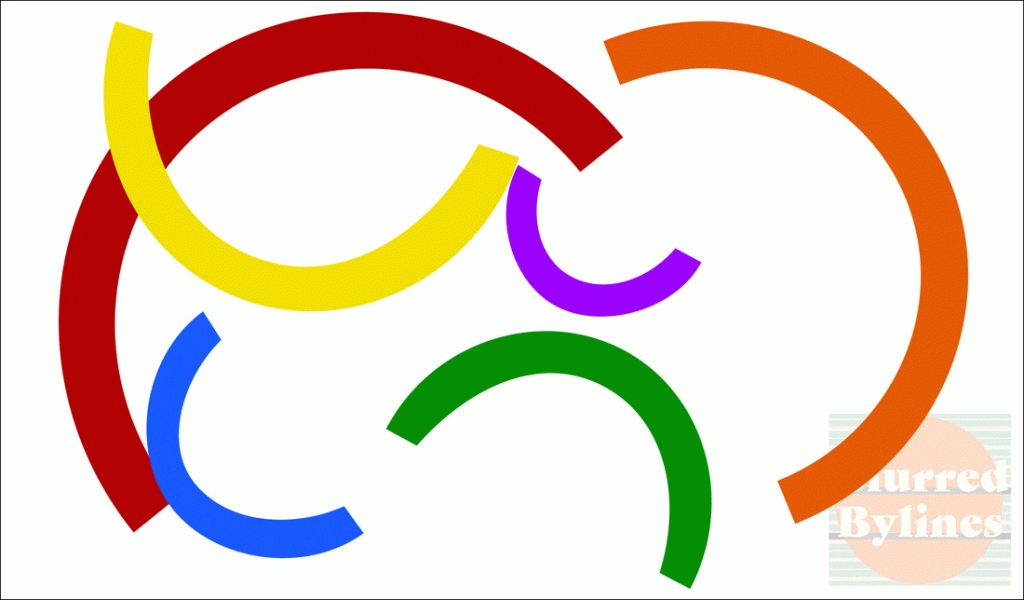
Gif of the different rays of a rainbow coming together. (Source: Shari Rose)
By Shari Rose ~ November 17, 2019
Trying to find a community to call your own in a new city or state is hard enough when you’re new to the area. But if you identify as LGBTQ+, finding new gay friends and your own chosen family can present even more obstacles. Members of the LGBTQ+ community face a litany of challenges in the United States, but perhaps none is as isolating as being without one’s own sense of belonging to a community. That is, to find friends and a network of trusted loved ones in a society in which one’s own existence is a political statement in an increasingly hyper-partisan country.
Maybe you live near a major metropolitan area, but the suburbs are wastelands for your social and/or dating life. Or maybe you find yourself living somewhere deep T***p country in a town that isn’t exactly going to host a Pride Parade any time soon. Regardless of your physical location, if you are a queer person looking to meet other LGBTQ+ people and have a community to call your own, there are options for you to make some new friends.
Ideas for how to find LGBTQ+ friends, community & support
1. Online communities
The internet really redeems itself in a lot of ways when it comes to finding LGBTQ friends and communities near you. Whether you’re gay, trans, bisexual, non-binary or anywhere on the very colorful spectrum, you can find an online group that accepts and welcomes you.
Facebook Groups
While Facebook is really bad at a lot of things, something it actually gets right is called Facebook Groups. Let’s say hypothetically that you just moved to the Denver area and wanted to find other amateur a cappella singers who could match your own delicate vibrato. In Facebook’s search bar, you’d probably search for “Denver a cappella group.” Well, finding local LGBTQ groups and organizations works the same way.
Doing a Facebook search for “(City Name) LGBTQ” can produce an array of local groups of queer people getting together and doing things around town. Facebook Groups can be extremely helpful in meeting gay friends because they are usually created and maintained by local LGBTQ people looking to connect in the community.
More stories: Silence = Death: The AIDS Crisis Was So Much Worse Than We Talk About
More stories: Corporations Embolden Hate When They Cave to Anti-LGBTQ Fury
More resources from Shari Rose: Bi’s in Biz – Directory for LGBTQ Business Owners
If you’re feeling a little nervous about meeting a bunch of strangers at a coffee shop or for a hike, keep in mind that you all already have something in common – you belong to the same community. That usually means that your struggles and triumphs as a LGBTQ person just trying to figure it out in America is going to be the most #relatable thing to most of the people you’ll meet in these groups. That alone can break a lot of the ice when finding and meeting fellow queer folks for the first time!
MeetUp
MeetUp is a website where anybody can create public or private events that others in the area can sign up for and meet at. These events can be very useful in meeting bi and gay friends in your local area. In addition to Facebook Groups, MeetUp can prove especially useful for finding other LGBTQ locals in areas where there is no organized LGBTQ support at the city or county level.
Municipal LGBTQ+ websites & advocacy groups
While there are many towns and cities that still don’t offer municipal LGBTQ resources for its residents, there are quite a few that do. These sites can be good resources getting in the know about LGBTQ events going on in town and local organizations that provide support.
In addition, if you are a more politically minded person, advocacy groups can help get you out there to make a difference, as well as meet like-minded friends along the way. Organizations like Austin Outpost in Texas or one•n•ten in Phoenix, AZ provide support and resources to LGBTQ+ individuals in the area. A simple Google search here can let you know what sorts of organizations and advocacy groups exist in your region.
LGBTQ+ communities on blogging platforms
A little too nervous to put yourself out there in the world? Dip your toes in the water with LGBTQ+ communities found on popular blogging and content sharing platforms like Tumblr and Reddit. That’s right, it’s time to dust off that Dr. Who blog from 2013 on Tumblr that you’ve held on to all this time. There are entire subcultures centered around gay, bi and trans rights and issues where you can share content and ideas, as well as interact directly with others just as passionate as you are. These new LGBTQ friends may live all over the world, but the connections are just as real.
2. Gay bars and clubs
Typically more geared toward gay and bisexual men, gay bars and clubs have historically served as a safe haven for those targeted by harassment, discrimination or violence because of their sexual orientation. Gay clubs today are typically welcome to those who are open-minded and just looking to have a fun time. Some neighborhoods in large metropolitan areas are known nationally for their large LGBTQ+ populations and subsequent gay clubs and bars for meeting new people, such as Capitol Hill in Seattle or Atlanta’s Midtown neighborhood.
Granted, most small-to-medium-size cities and towns in America are unfortunately gay bar-less, but other metropolitan areas offer a few options. Even up-and-coming gay neighborhoods in otherwise red states like Encanto Village in Phoenix, AZ or Marmalade in Salt Lake City, UT provide a myriad of gay bars and LGBT-themed nights where you can find and meet like-minded queer folks.
Note to lesbians, bi, & queer womxn: Some gay bars will be more friendly to you than others. While many gay clubs and bars are incredibly warm and welcoming to womxn, sometimes there are bars that won’t be. What’s particularly frustrating is the fact that public spaces for lesbians and bisexual women are already scarce, even in major metropolitan cities. That being said, if the gay clubs didn’t work out for you, I promise there are plenty of other options for you to find and meet a crew of kickass queer womxn – just keep reading.
More stories: Crystal LaBeija: Iconic Drag Queen Who Transformed Queer Culture
More stories: Why Is Bisexuality an Invisible Majority in the LGBTQ Community?
More stories: Amelio Robles Ávila: Transgender Fighter In Mexican Revolution
3. Pride events & LGBTQ+ nights
It doesn’t get much better than Pride Week. Parades, special themed-nights, rainbows as far as the eye can see and a newfound sense of safety being out with so many others just as out and proud as you. Celebrating Pride is the right of every LGBTQ+ person, and it is one of the best opportunities you have to meet gay friends with no pressure and have a really fun time in the process.
But what if June is over and Pride Week is a devastating 11 months away? You may be surprised to find out how many nearby restaurants, clubs, parks, performing arts centers, libraries, colleges and more offer LGBTQ+ themed events throughout the year. Whether a local bar is hosting a drag night, the nearby civic arts center is featuring gay artists and musicians as part of a special event or a university is hosting a forum on gay issues in the state, there are options out there for you to explore.
A handful of examples:
- Pride Pageant at African American Performing Arts Center in Albuquerque, NM
- Gay night at popular bar, Dogwood, in Bend, OR
- Out on the Mountain LGBTQ event at Six Flags Magic Mountain in Santa Clarita, CA
4. Gay sports leagues
Sports leagues specifically geared toward LGBTQ folks are actually more common than you may expect. Maybe you played soccer in high school and are thinking of getting back into the sport, or have always wanted to join a swim team but were a little too intimidated by the idea of it. Whatever the case may be, try searching online for a gay sports league in your area to meet some new friends.
From brand-new beginners to those who have been playing their entire lives, anyone is welcome to these groups. While these leagues and teams are more popular in larger cities, it’s definitely worth looking into what intramural or competitive LGBTQ leagues may exist near you. Examples include:
- Houston: https://www.varsitygayleague.com/houston
- Omaha: https://www.oglbtsports.org
- Atlanta: https://www.atlantasportandsocialclub.com/kifp
Final thoughts
One of the most important things we can do for ourselves is find a local network of support and friends that keep us from having to brave the world totally alone. No matter who you are, you have the right to find a group of people that accepts and welcomes you with open arms. Is anything less than that really worth your time?
Finding your chosen family, especially in a community that is not LGBTQ+ friendly, can be difficult and discouraging, especially in the beginning. It’s probably going to take some time to find the right group for you, and that’s perfectly okay. Maybe you’ll need to try out a few Facebook Groups and attend LGBTQ+ events alone for a little while before you find your community of fellow gays and trusted allies.
Whether you belong to a large LGBTQ+ community in a major metro area or you simply meet a group of your gay friends for pizza and late-night talks in your small town, it’s valid. And if you don’t haven’t found that yet, maybe now you know where to start.
More stories: Why Is Bisexuality an Invisible Majority in the LGBTQ Community?
More stories: Lucy Hicks Anderson: Black Transgender Pioneer of the 1940s
More stories: Why Are So Many Bisexual Women Sexually Assaulted?
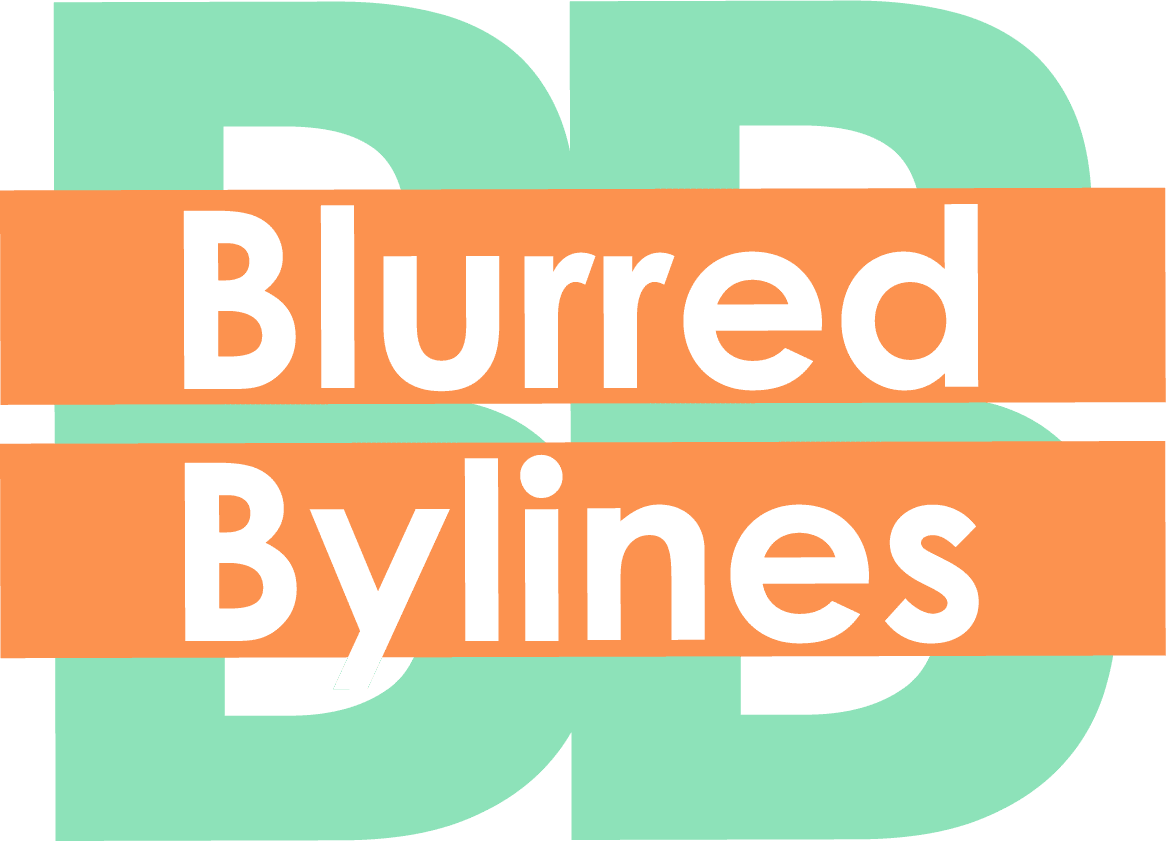
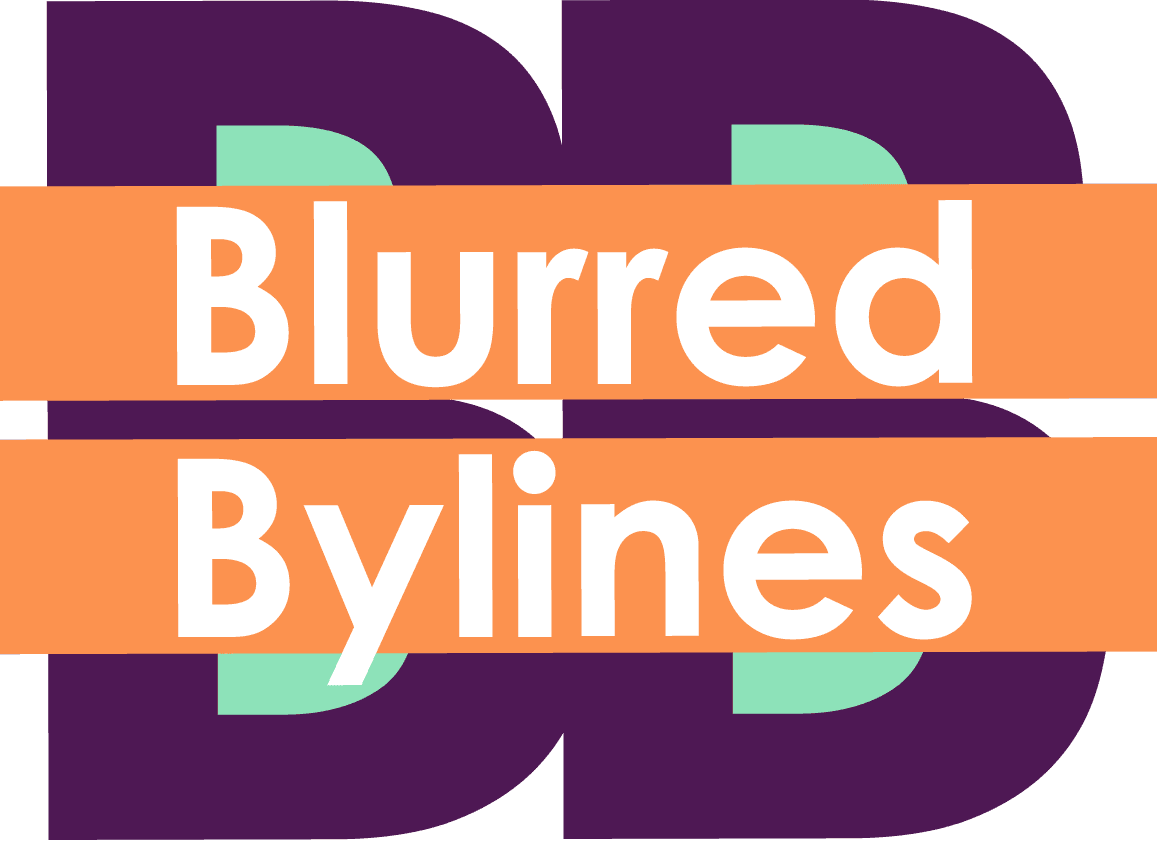
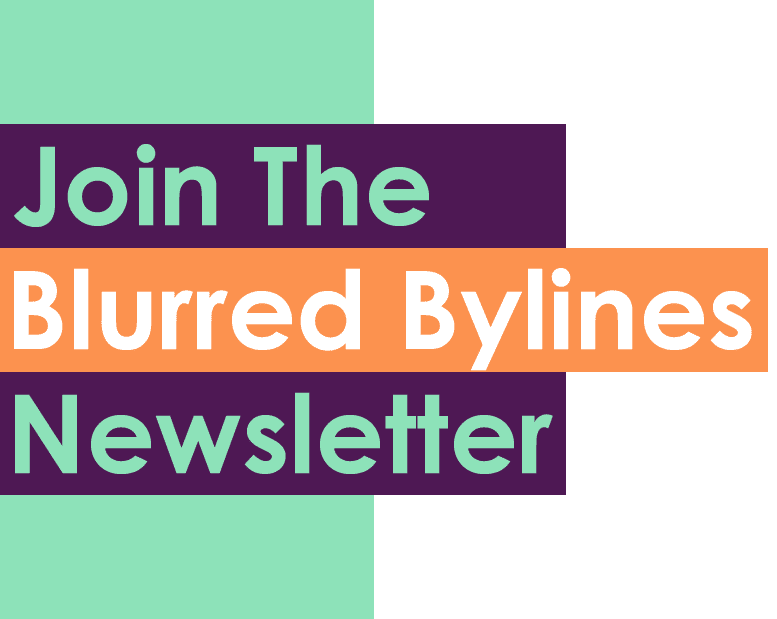


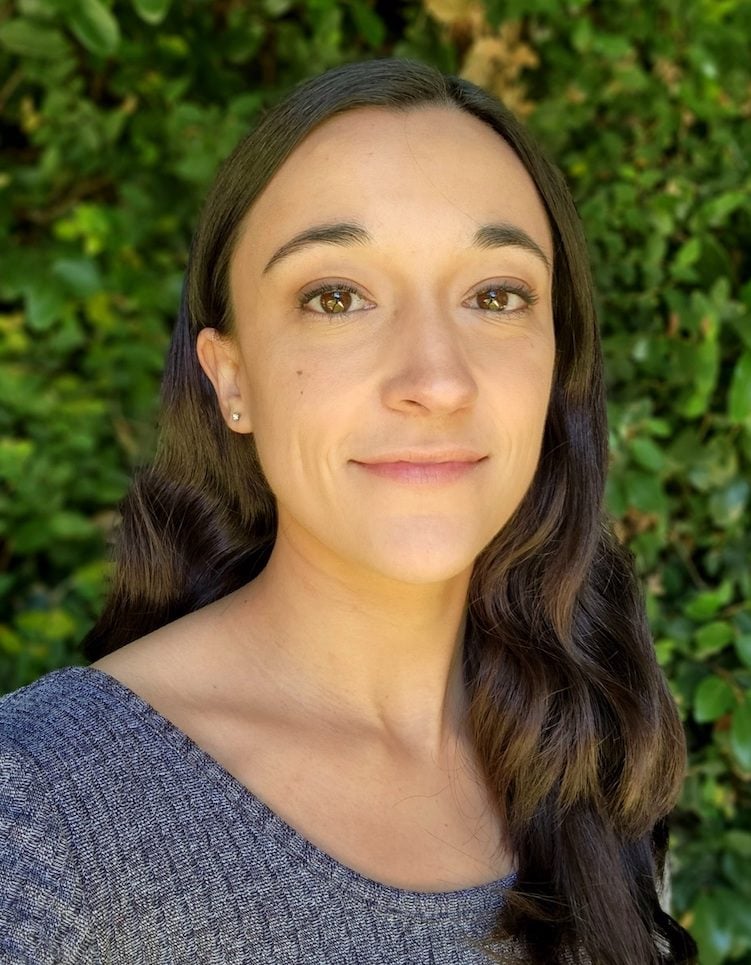
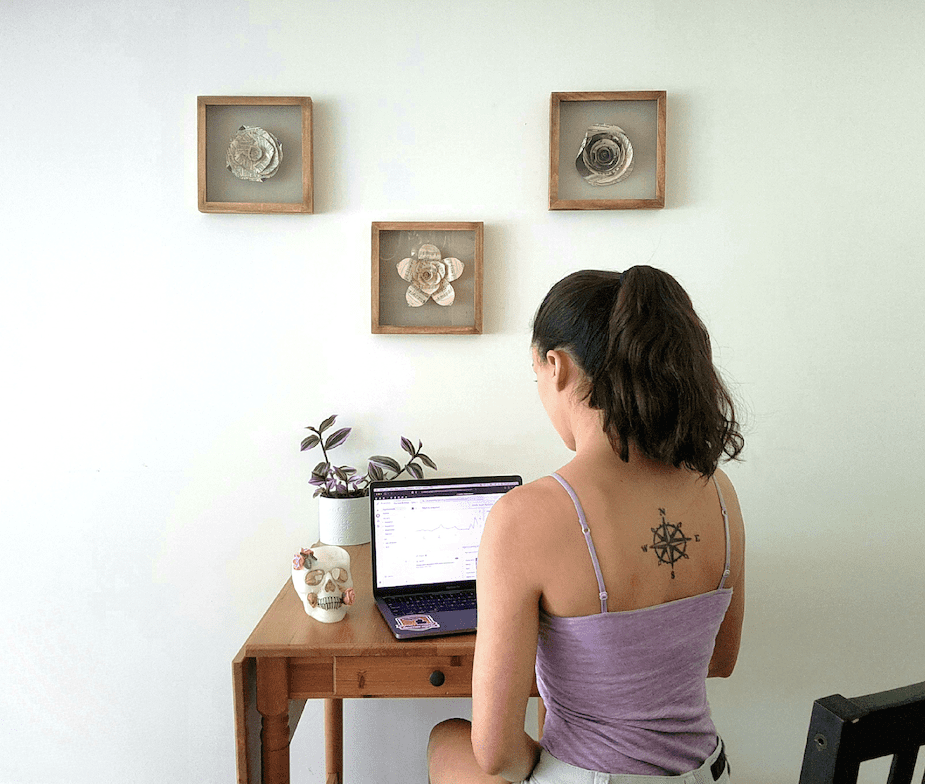
Iam single. And. Gay